David Holdridge, who was awarded permission by the Syrian Government in 2008 to set up a Relief and Development office in Damascus, warns of the untoward outcomes of US intervention in the Syrian Civil War.
There were those days, back in March of 2011, when Bashar Al Assad could have jumped the curve and pre-empted the catastrophe before him and the people of the Middle East. At least in theory. No-one is really sure about the extent to which his hands were tied by other influences within the regime or by his entanglements with external allies. Yes, those were the days when the Arab Awakening with all its pent up energy came rolling into and across Syria. It was a time of possibility for renaissance, as peaceful citizens demonstrated for an end to autocracy.
Syria was not Tunisia. Nor was it Egypt. It was a mosaic of ethnic and religious groups patched together by the French cartographers at the start of the 20th century and then supplemented by large flows of refugees from Turkey, Palestine, and most recently Iraq. It was also eminently secular, modern, and had achieved an accommodation of sorts with Israel. Esteemed dignitaries from the US congress came to visit in recent years, including multiple visits by Senator John Kerry. They and other visitors expressed some optimism about “turning Syria” toward the West.
Notwithstanding these flirtations, Syria’s regime was still one which ruled with the hand of fear and was intimate with Iran, the Hezbollah, and Russia. This was also a regime controlled by the minority Alawites in what was becoming, since 2003 and the Shi’a ascendency in Iraq, a much more pronounced Shi’a-Sunni divide across the region.
And then, as we all watched the daily dispatches in early 2011, precipitous change was ignited by the events in Dera’a in March, leading to a bloody unraveling of State control and then to an active foreign intervention which is currently helping to push the country toward an internal fragmentation; one which could completely dismantle the original State boundaries set by European powers (Sykes-Picot) almost a hundred years ago.
One Western-educated Syrian colleague of mine recently said: “it would be like Humpty Dumpty… ‘All the king’s horses and all the king’s men could not put Humpty back together again.'” Just for starters, he had continued, what do you do with an independent Kurdish entity inside Syria and with its common border with the KRG (Kurdistan Regional Government) in Iraq? What happens in Lebanon as Shi’a and Christians from Syria stream into the demographic mix there? And “where to” for the Islamists who have been nursing their wounds since the Hama massacre by Hafez Al Assad in 1982? And as if that were not enough to cause great consternation over eventual outcomes, what about the hundreds of thousands of Iraqi and Palestinian refugees in Syria untethered to the only regime they have known?
For over a year now, the pundits along the Potomac have expatiated on those possible convolutions. These are especially grave when seen in the context of the recent war in Gaza and the eruptions ongoing in Egypt. To my mind, this is not a case of ”chicken little”. Once the end game blows Syria into pieces, partition is assumed and so is the bloodshed which accompanies massive displacement as people seek refuge in their ethnic and religious enclaves. The ensuing conflict over the boundaries of those enclaves will intensify, compounded as the ever ambitious neighbors — Turkey, Iran, Saudi Arabia, and Israel — look on and seek advantage from the turmoil. No off-shore “shadow government” currently “under construction” by the so-called Friends Of Syria will re-establish a national center in the aftermath.
Nowadays, my friends and colleagues in the Syria vortex speak to me with one voice. They say: Yes, back in March 2011, maybe something could have effected transition without a bloodbath, but once you reach a half million exiles and over 50,000 killed, there will be an inevitable settling of scores. Such a settling, that it is unlikely its fire will not sweep from Istanbul to those great autocrats in Riyadh and Doha for whom America has such fondness.
Frankly, even a skeptic of US performance in the Middle East over the last three decades, such as myself, might have expected that the US policy makers would have been more circumspect about their current partisan engagement with diverse elements of the opposition within Syria. Particularly, coming so soon as it has on the heels of a similar experience less than a decade ago with their construction of the ”offshore” Iraqi National Congress, which, as we have all witnessed, led to such untoward results following the 2003 US invasion of Iraq.
The views expressed in this article are the author’s own and do not necessarily reflect Fair Observer’s editorial policy.
Support Fair Observer
We rely on your support for our independence, diversity and quality.
For more than 10 years, Fair Observer has been free, fair and independent. No billionaire owns us, no advertisers control us. We are a reader-supported nonprofit. Unlike many other publications, we keep our content free for readers regardless of where they live or whether they can afford to pay. We have no paywalls and no ads.
In the post-truth era of fake news, echo chambers and filter bubbles, we publish a plurality of perspectives from around the world. Anyone can publish with us, but everyone goes through a rigorous editorial process. So, you get fact-checked, well-reasoned content instead of noise.
We publish 2,500+ voices from 90+ countries. We also conduct education and training programs
on subjects ranging from digital media and journalism to writing and critical thinking. This
doesn’t come cheap. Servers, editors, trainers and web developers cost
money.
Please consider supporting us on a regular basis as a recurring donor or a
sustaining member.
Will you support FO’s journalism?
We rely on your support for our independence, diversity and quality.



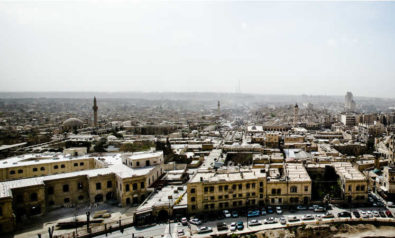
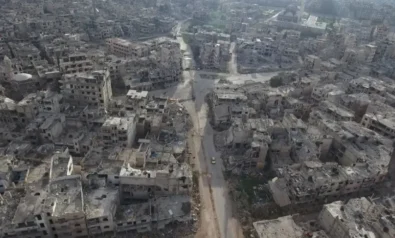
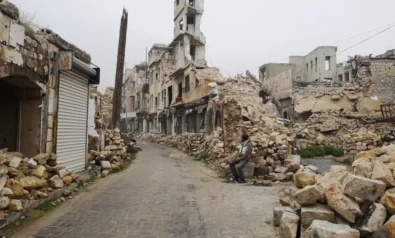

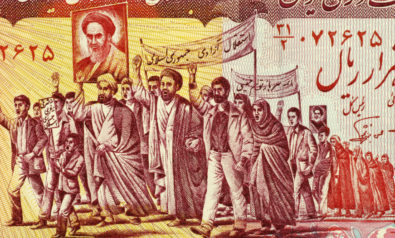


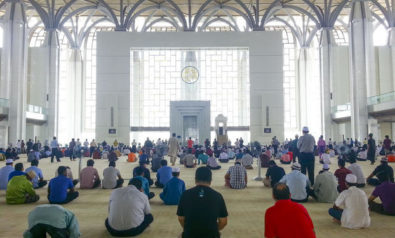
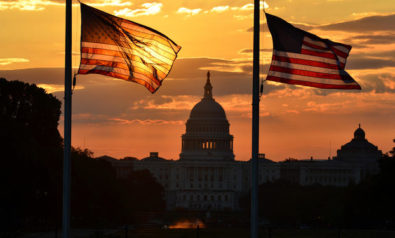
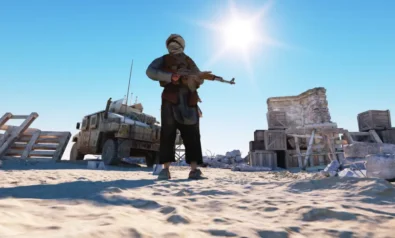
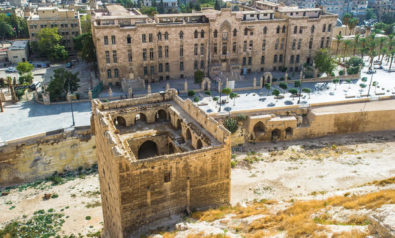
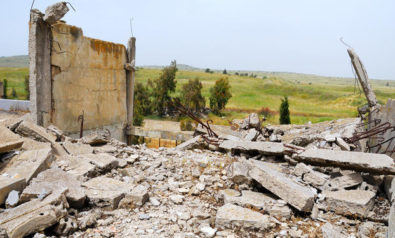
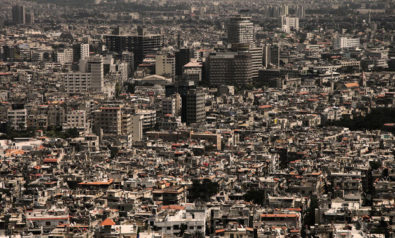

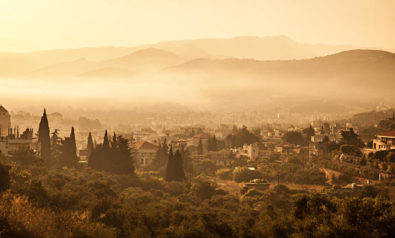
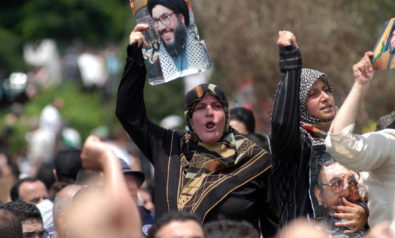


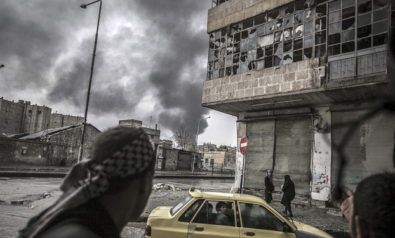

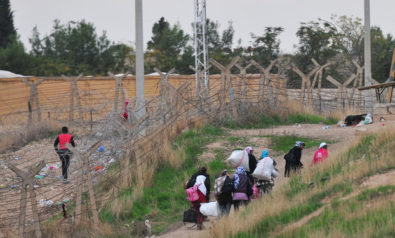
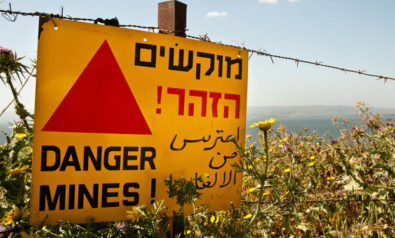
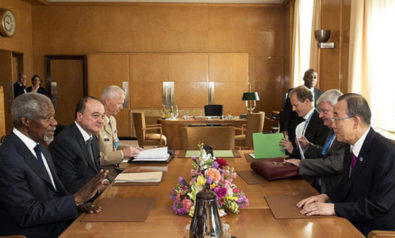

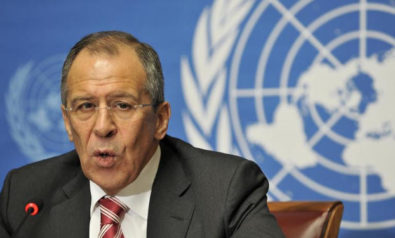

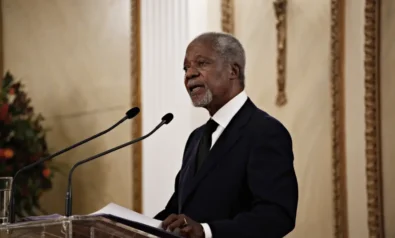
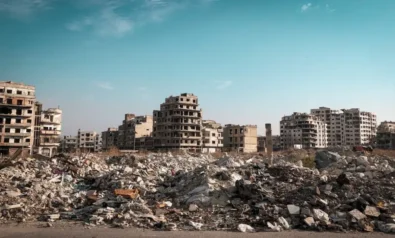
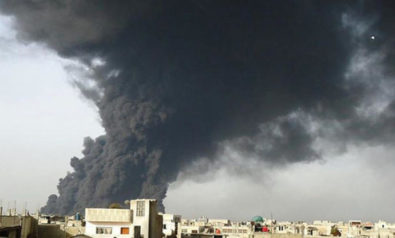

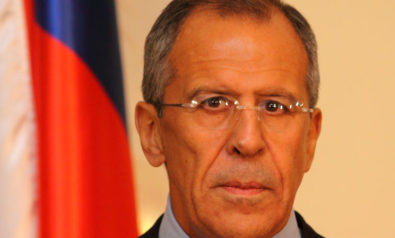
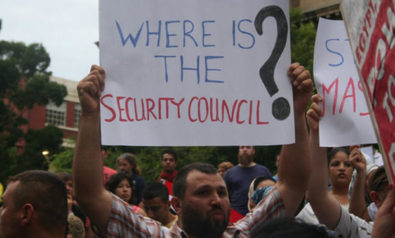



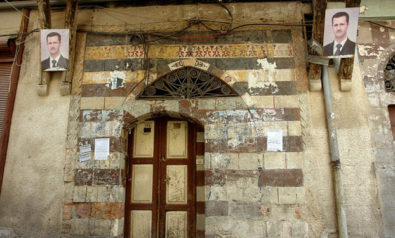

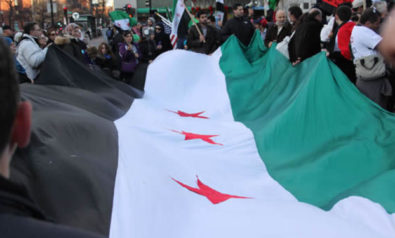

Comment